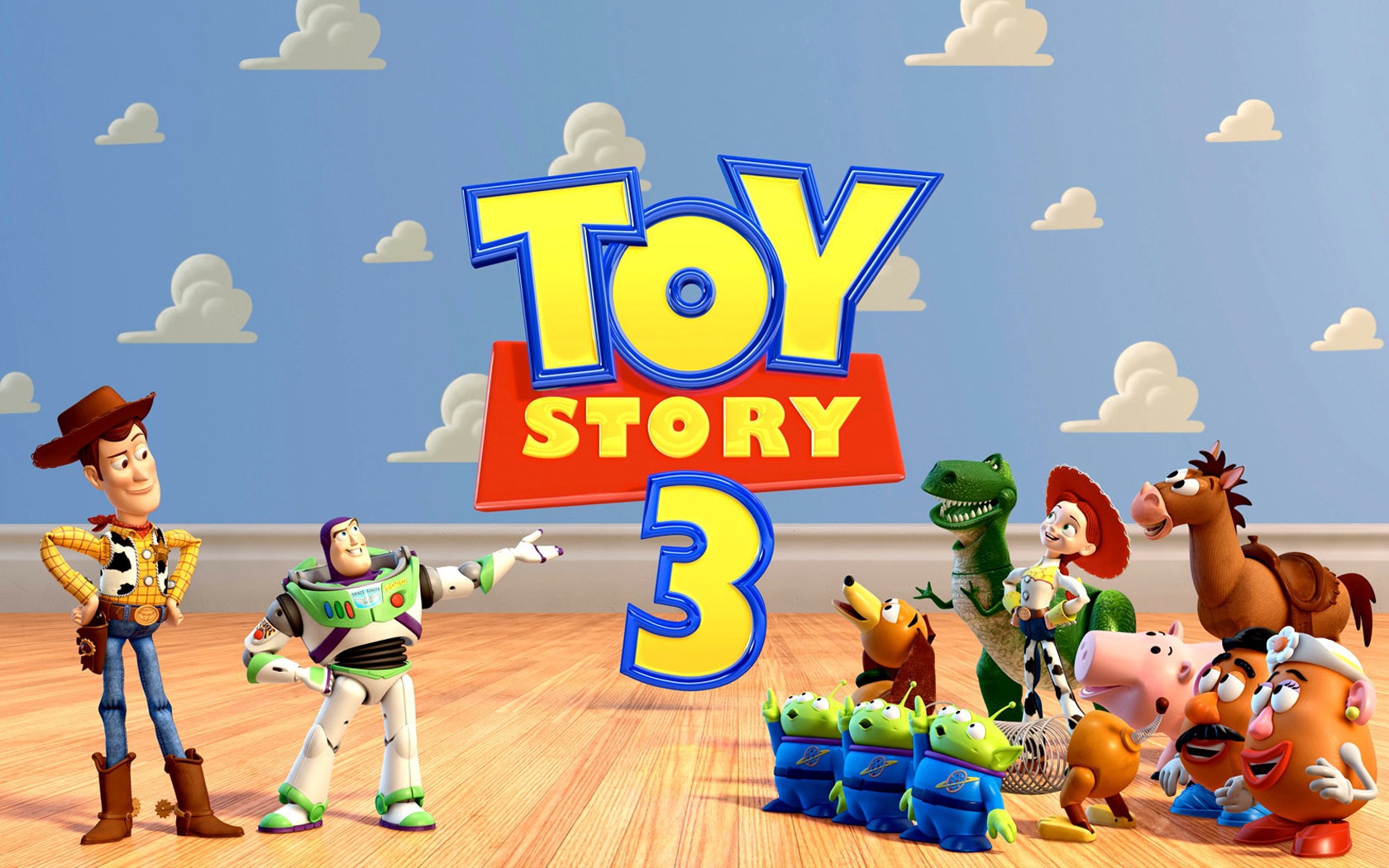
No matter what you're age, you probably enjoy Disney/Pixar films. The best part is, you never have to be embarrassed for saying that, because everyone enjoys them. I get the feeling that previous generations weren't so into animated films when they were in their 20s, but our generation grew up with these films. It's hard to deny that there is something else going on there. Some factor that goes beyond cute childish characters or simply story lines. These films have the ability to make adults cry and children flush with laughter and excitement. However, in years past, we've never seen a successful animated franchise. But "Toy Story" has become a trilogy that defines our generation.
The original film came out in 1995, when those of us in our 20s were children. Also being the first major motion picture by Pixar Animation Studios, it changed how animated films were made, and along with the technology came stories that viewers of all ages could enjoy. 1999 was the year of "Toy Story 2," which was a great addition to the story of Woody, Buzz and all the rest. Part of the plot of that movie was asking the question, "what will Andy do with his toys when he goes off to college?" Well, "Toy Story 3" came along to answer that question, and just in time for many of us who saw the original to either be entering, still in, or just leaving college.
So here's what happens. Andy's mom tells him to separate his room into what's going with him to college, what's going in the attic and what's getting thrown away. We find that Andy hasn't played with his beloved toys in years, but they still keep trying to be there for him. The saddest moment is when you realize that only the core characters in previous films are still there, because Andy has already gotten rid of his other toys. All that's left is Woody, Buzz, Jessie, Bullseye, Mr. and Mrs. Potato Head, Hamm, Rex, Slinky and the little alien dudes from the claw machine. It's clear Andy is a very different kind of teenager, and he's always kept a place in his heart for these toys. However, through a mix-up they get grouped together with toys that Molly gave their mom to donate to Sunnyside Day-Care. At first, the toys are relieved to be in a place where they'll always be wanted by children who will play with them. An older toy, Lotso (the lots o' hugging bear) assures them that they'll never get thrown out or ignored, and they can't get their hearts broken if they don't have an owner. Most are ready to move on, but Woody refuses to give up on Andy and manages escape. But the toys soon learn that Sunnyside is not the paradise they were told, and find themselves missing Andy more than ever and in need of rescue. But what will become of them as Andy is ready to move on?
The movie is an adventure, but what Toy Story film hasn't been? I always find myself shaking my head and saying, "Wow, these toys have the absolute worst luck. Everything is always so difficult for them." And that's always been the heart of these films. These toys refuse to give up on their owner or let him down. Woody has been a hero to every child who sees these movies, and every adult that grew up with him. He is the friend that will never ever let you down. As with any animated film of the past few years, there are enough jokes aimed at older audiences to keep everyone laughing. The dramatic situations in "Toy Story 3" rival that of any other dramatic film, particularly in scenes where you feel it could be the end for this bunch of play-things. It's heart-warming how much they go through to get back to Andy, even though it's likely he'll never play with them again. The greatest thing is that they chose to end this film in a logical and plausible way (as plausible as talking and feeling toys could be) and when looking at the entire trilogy, the story comes completely full circle. There's no need for specifics in this review, because if you're a fan of "Toy Story" or any Pixar film, you already know you're going to enjoy this.
"Let's go see how much we're going for on eBay."
-Brendan



